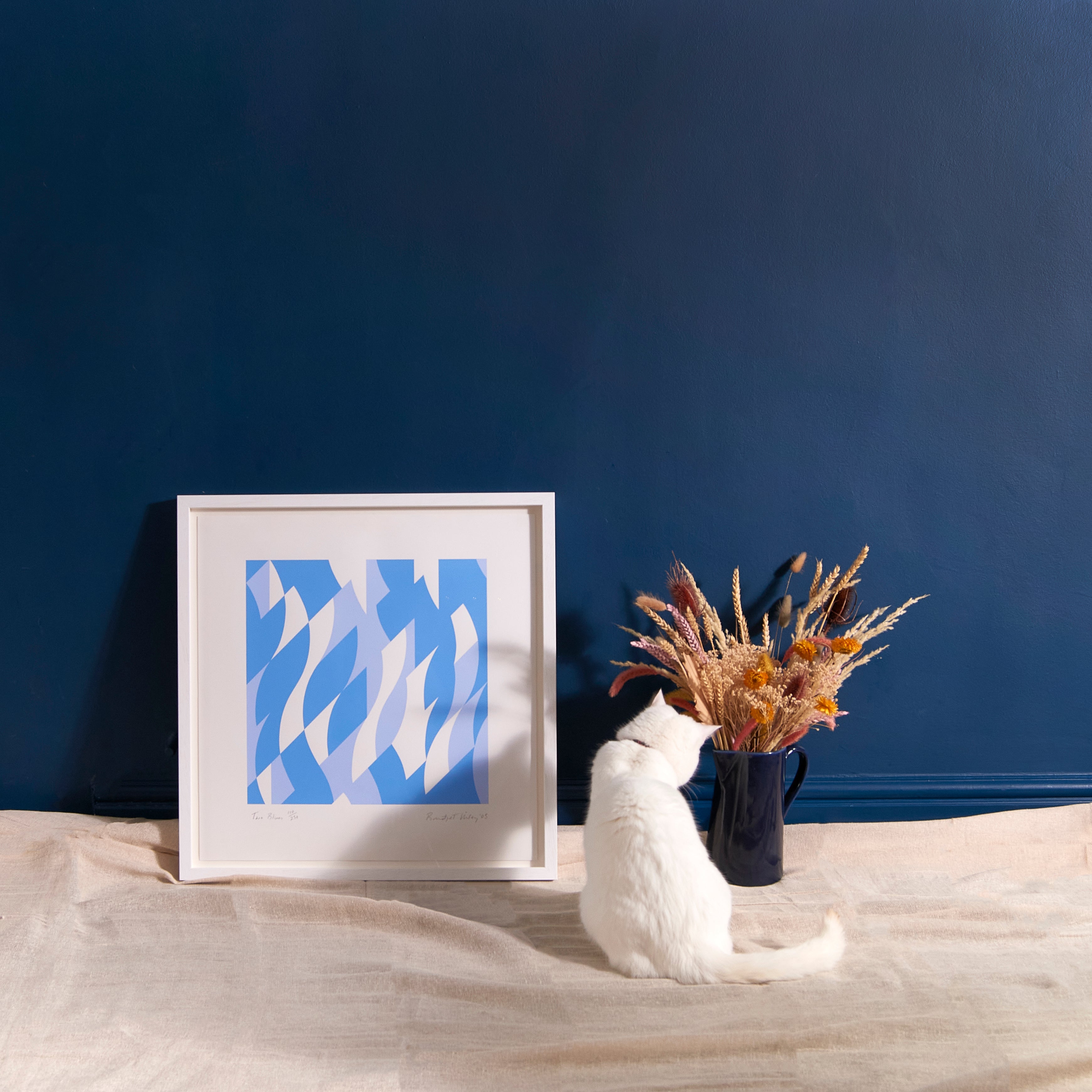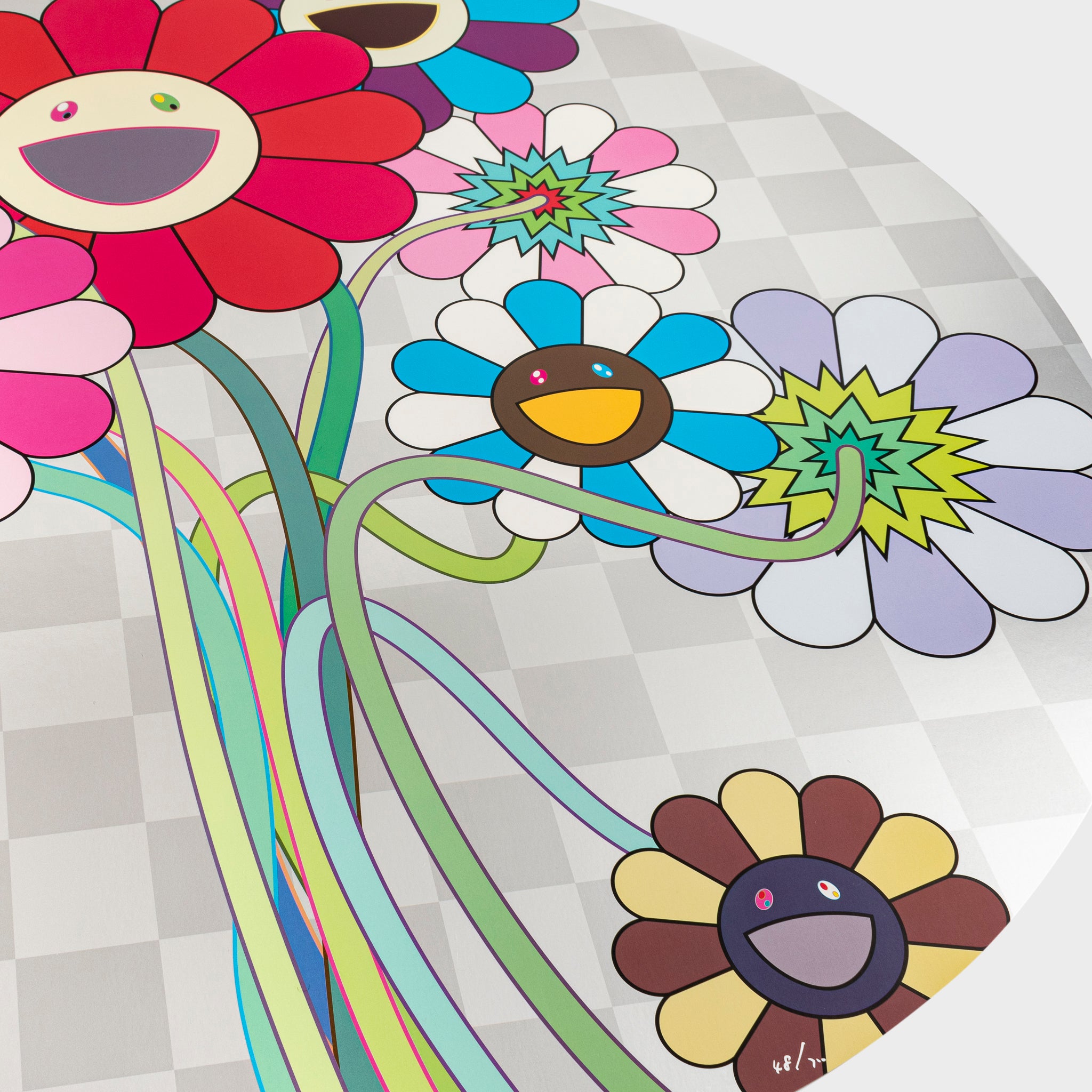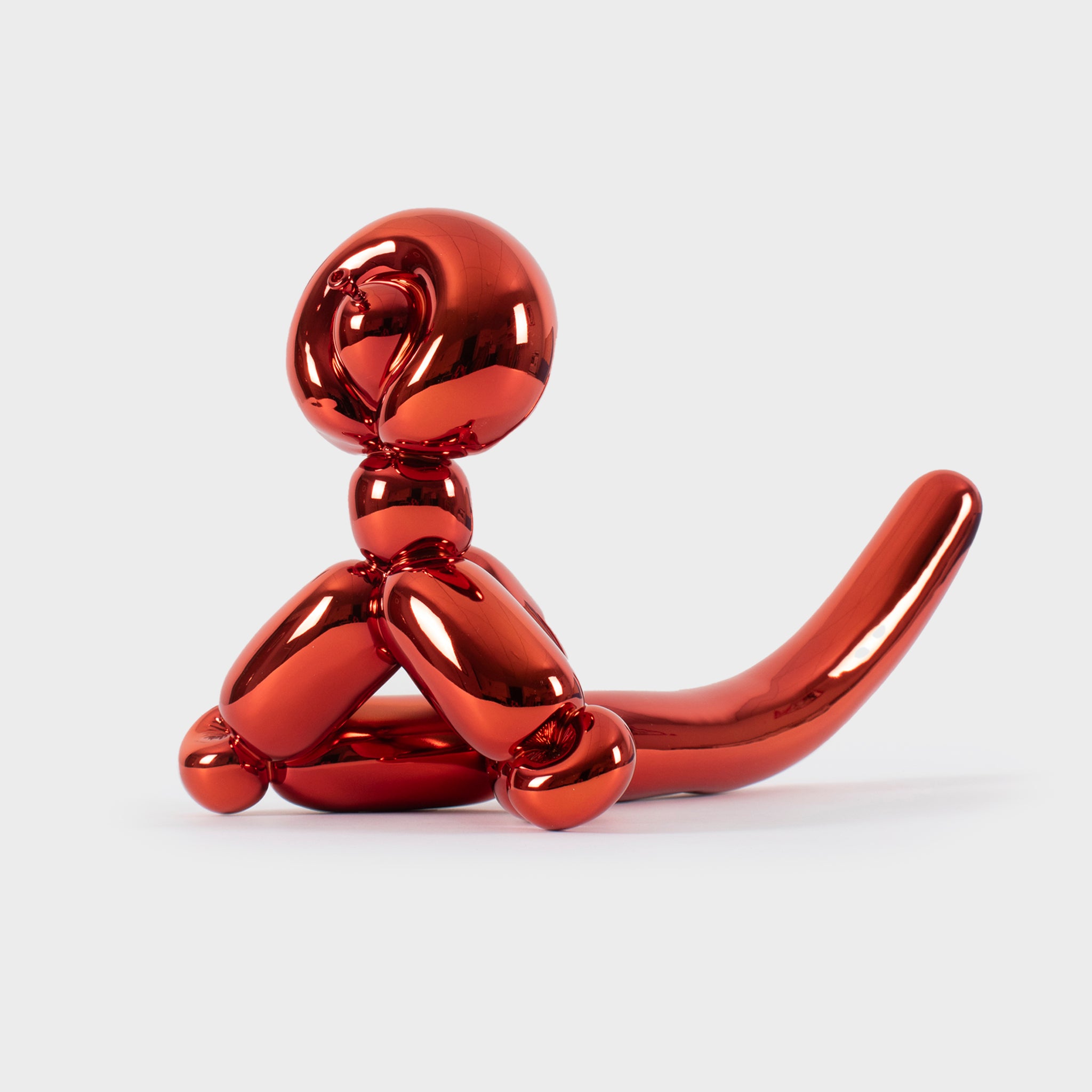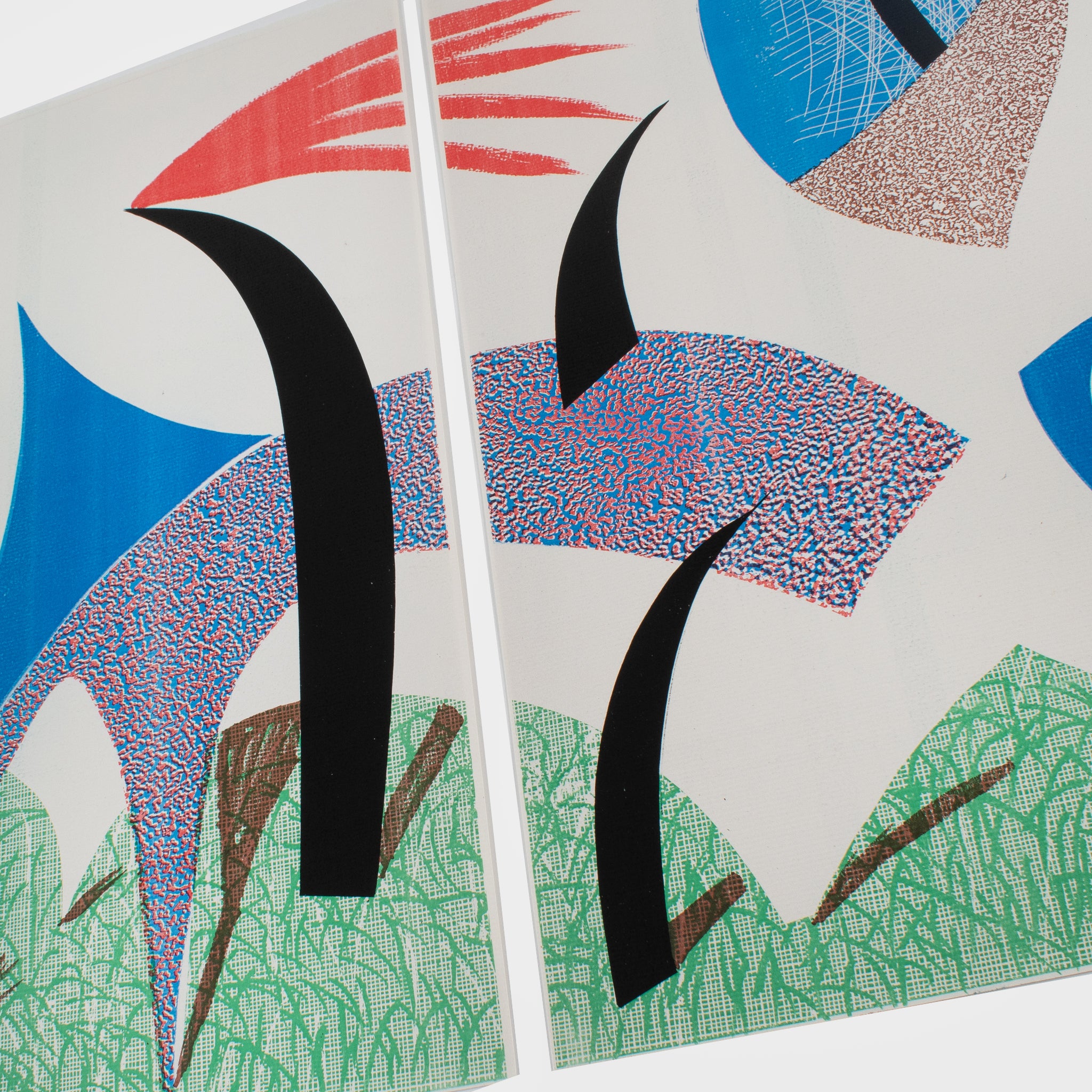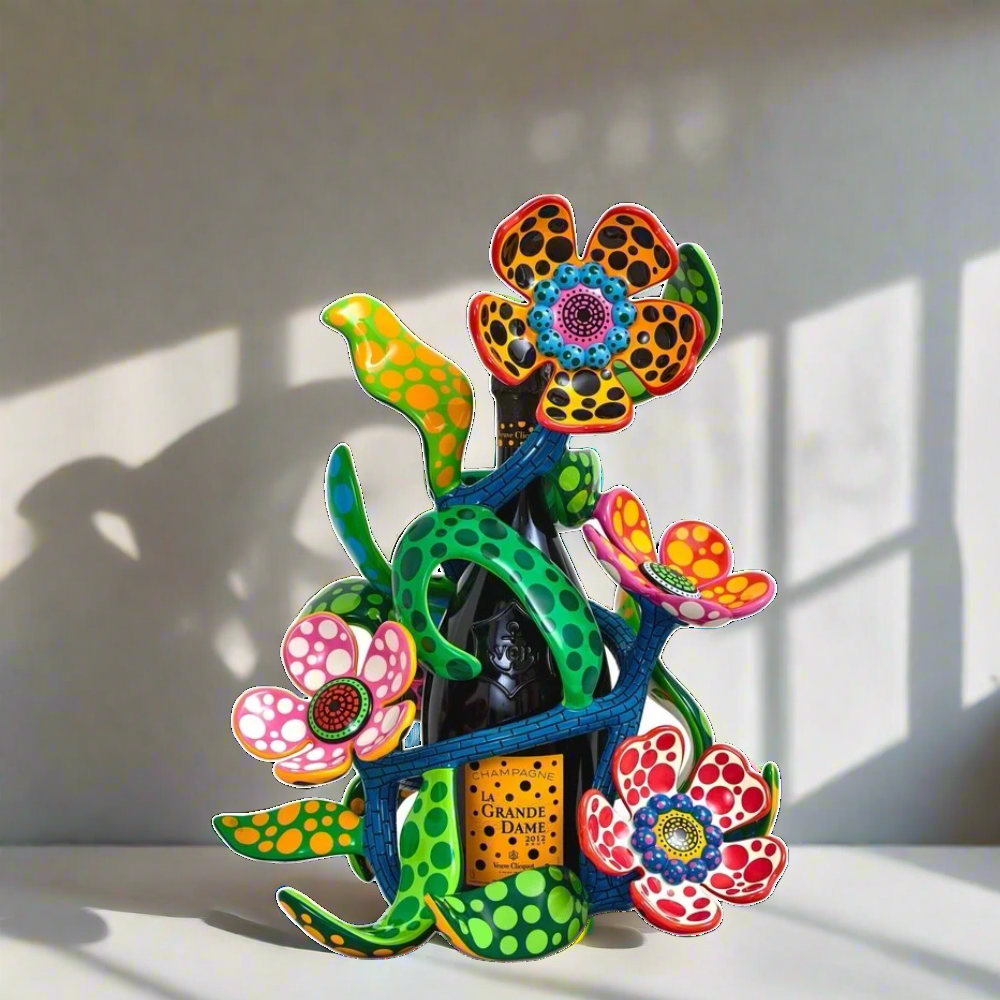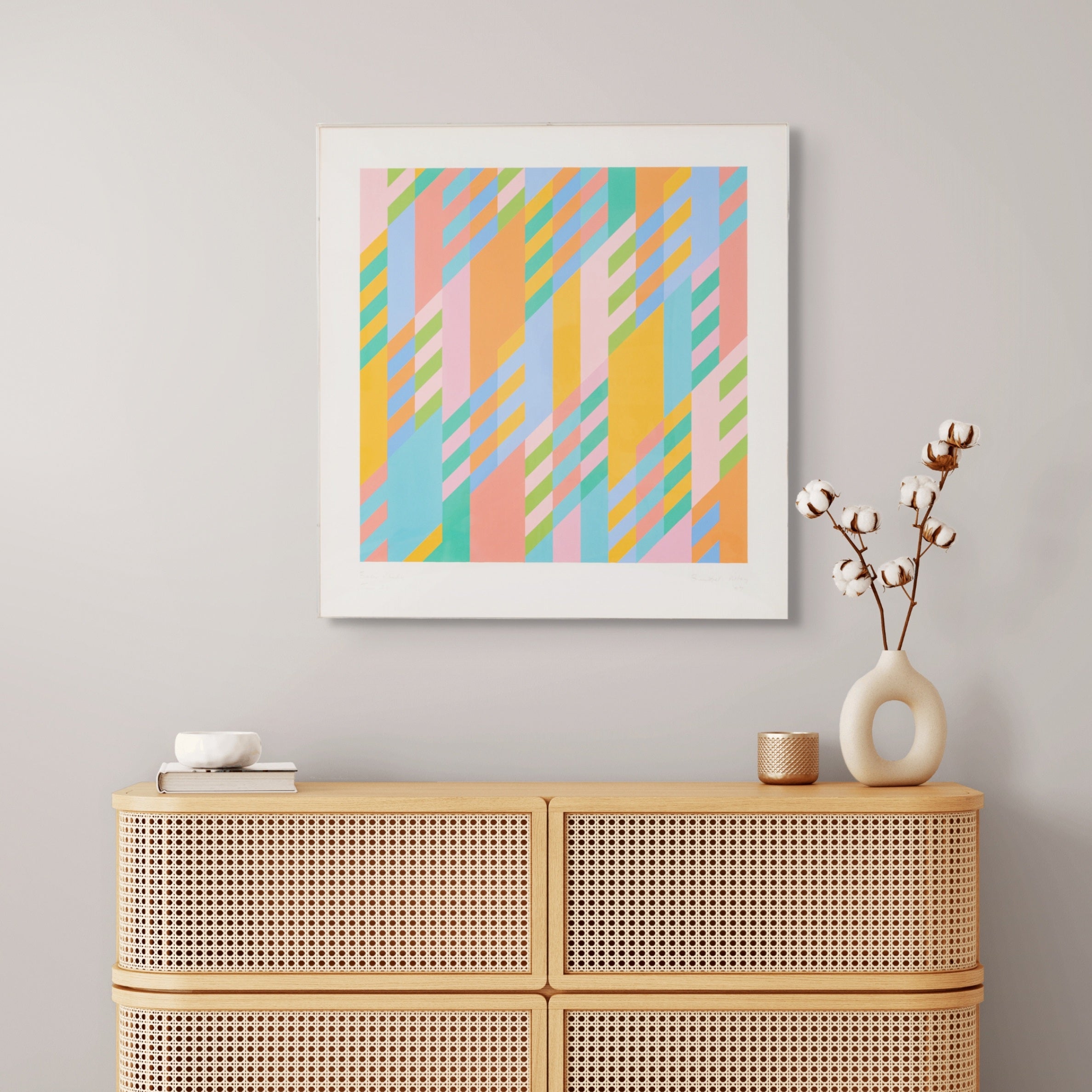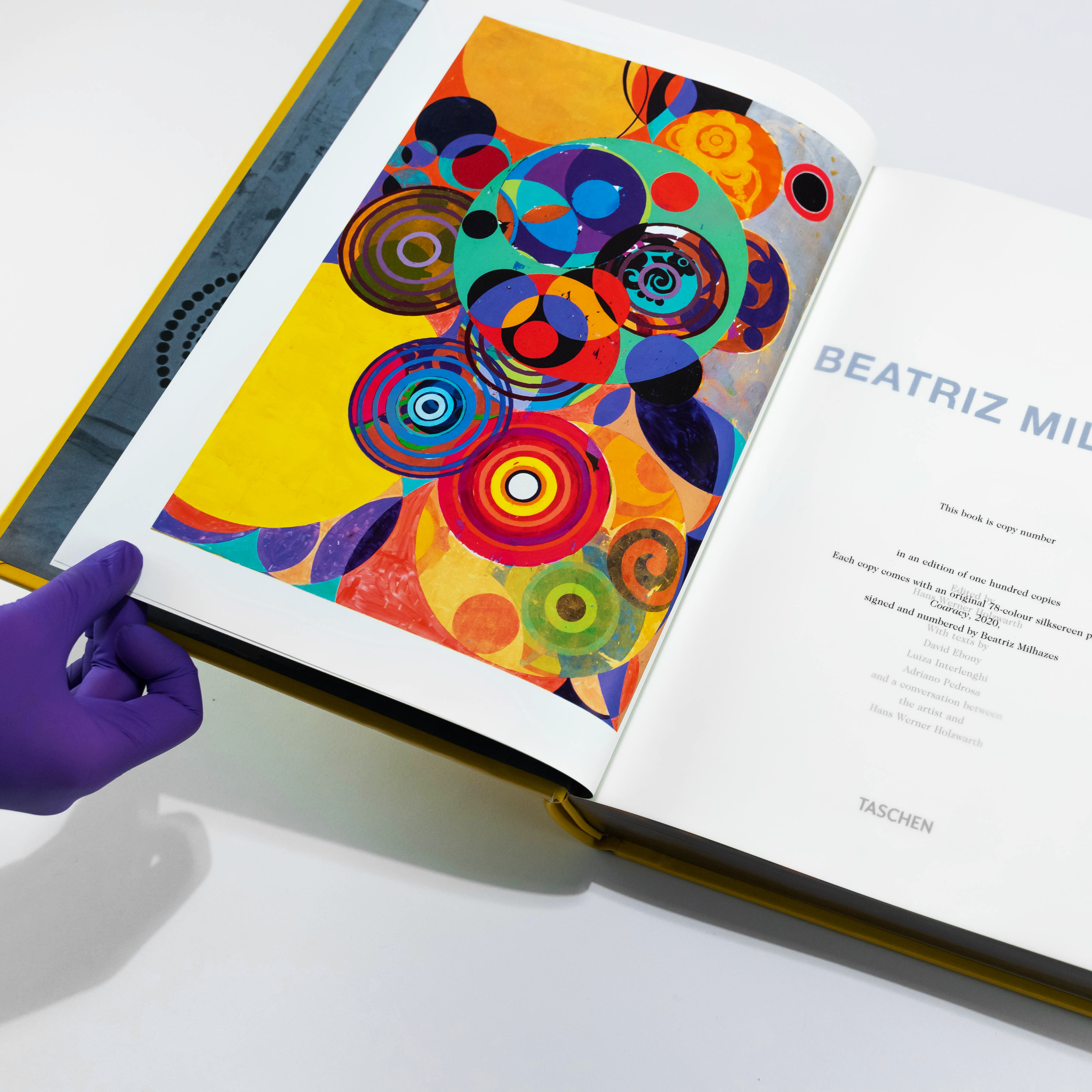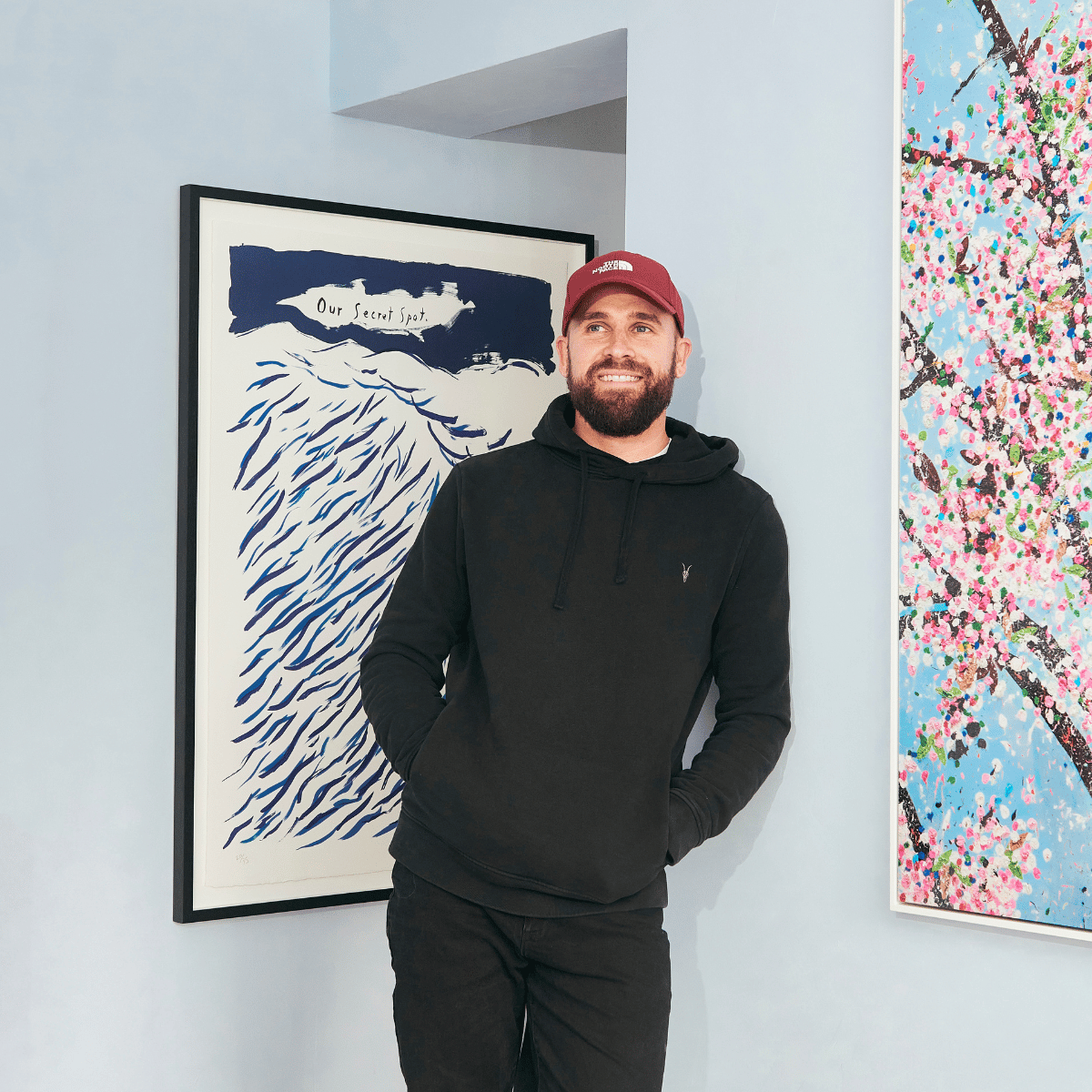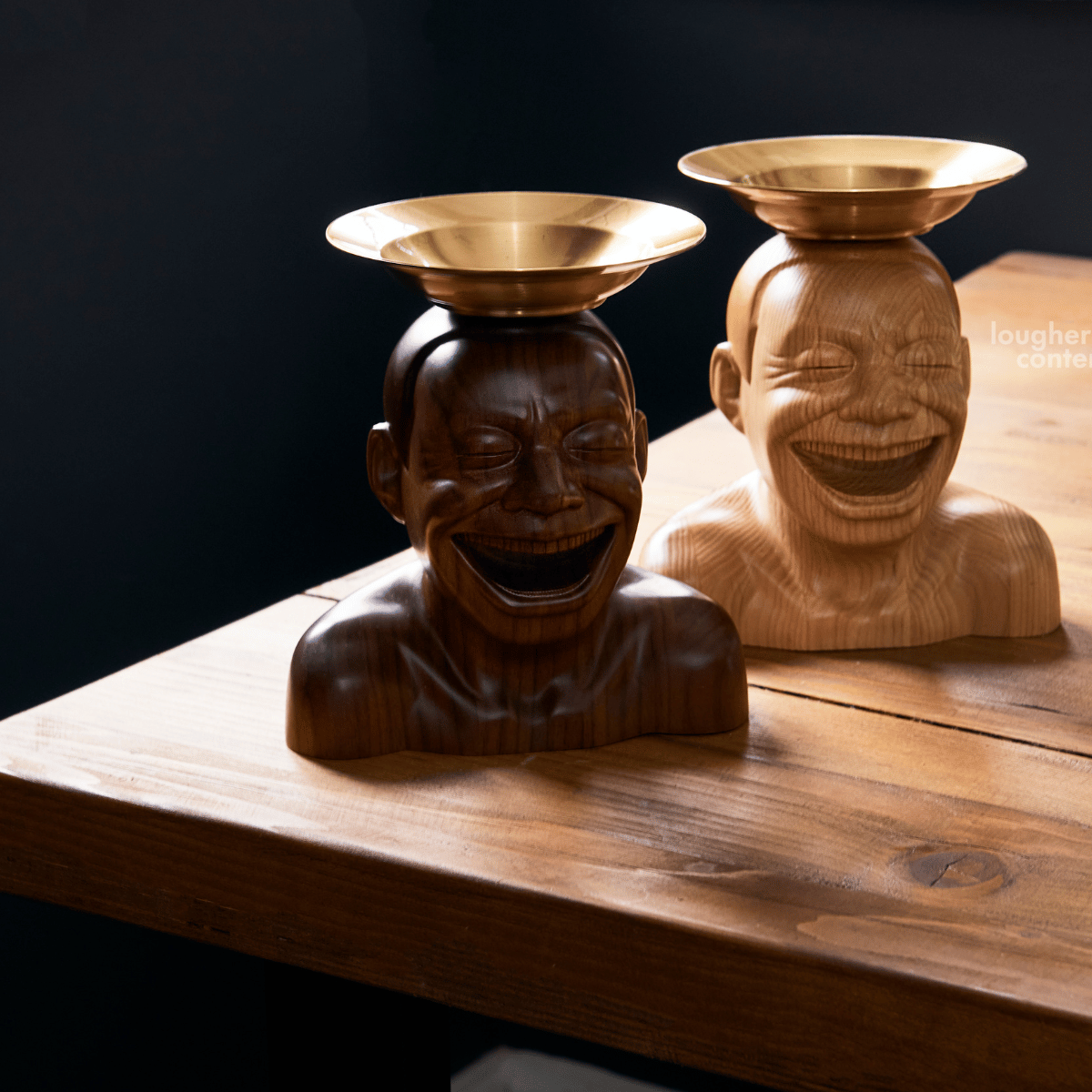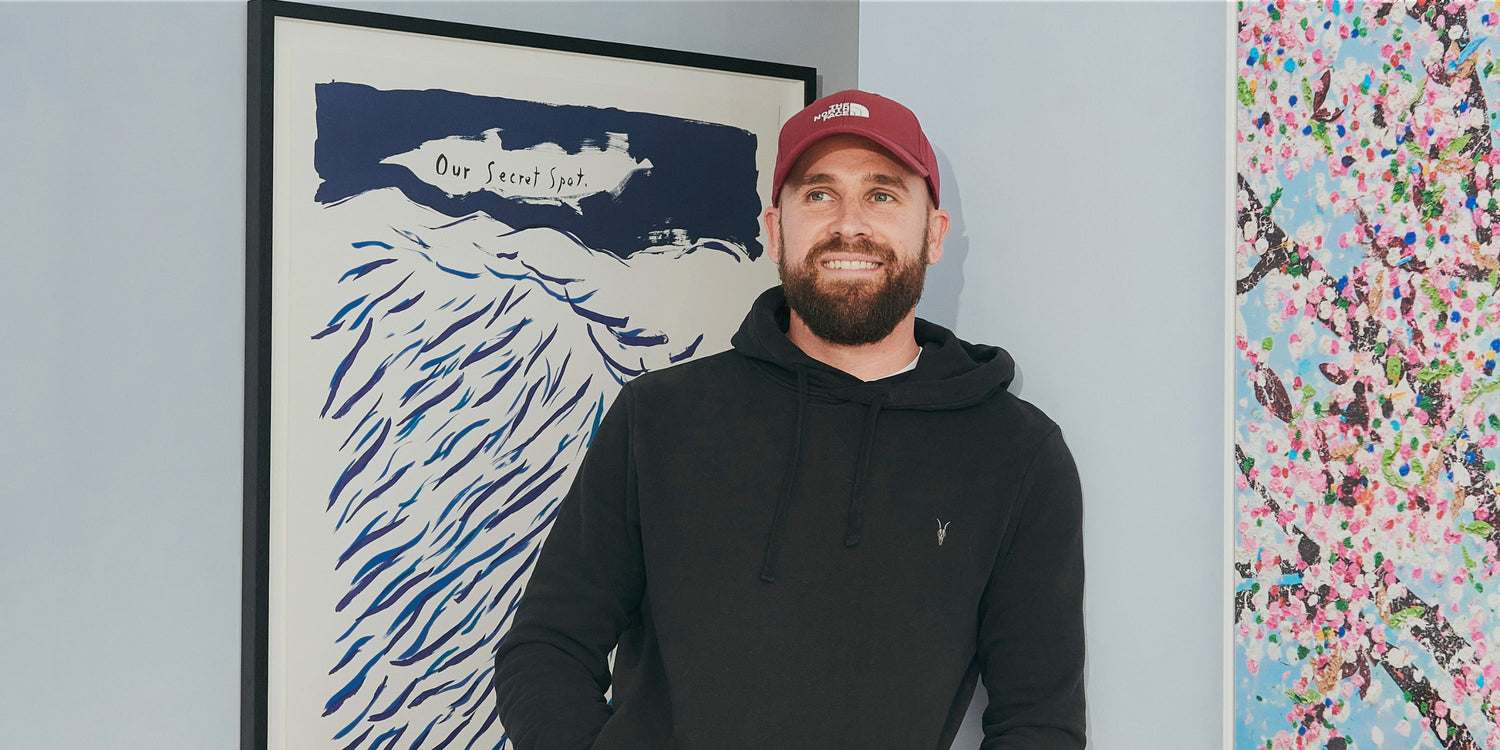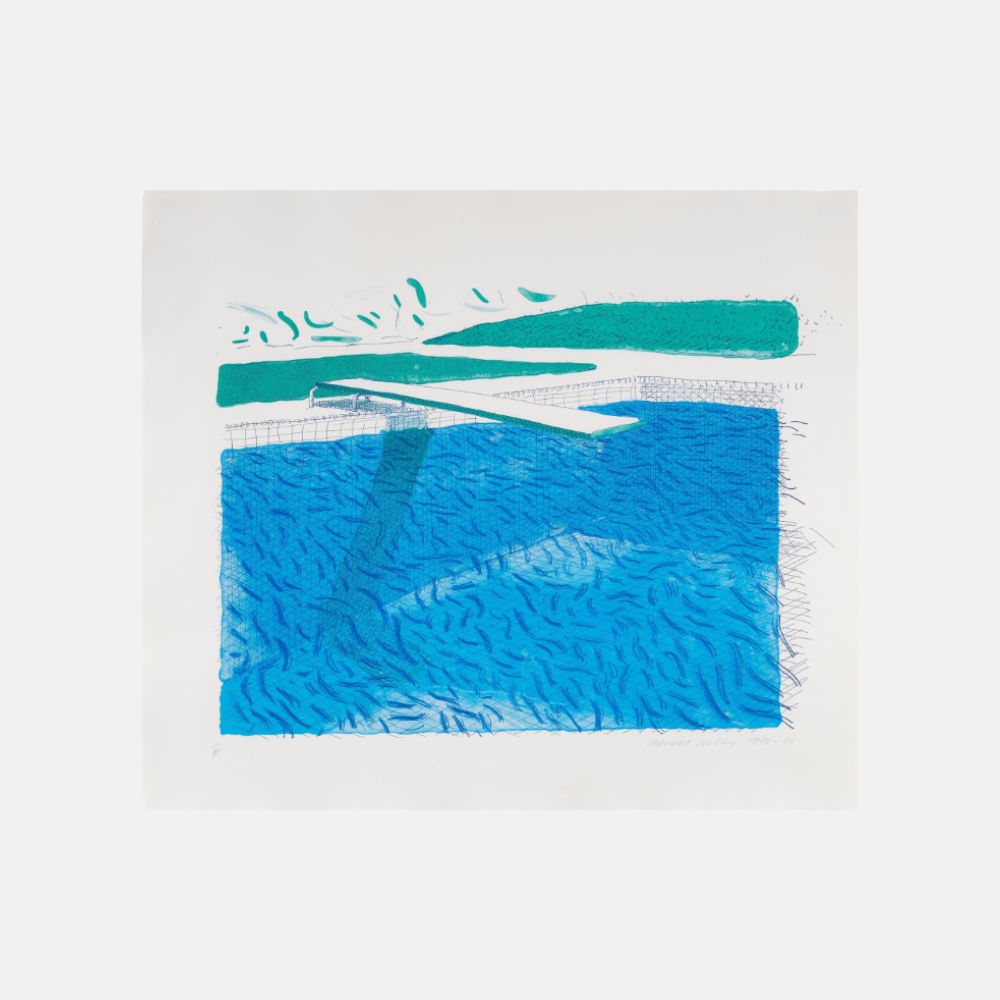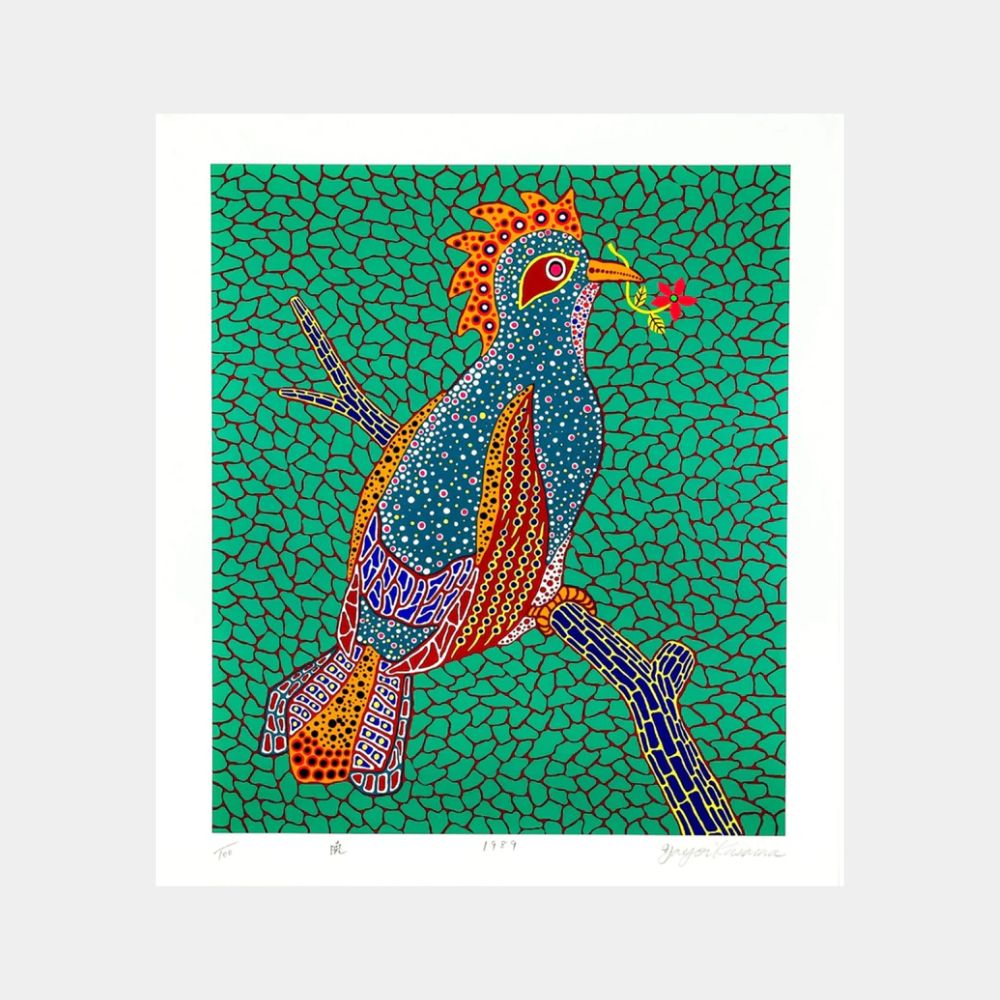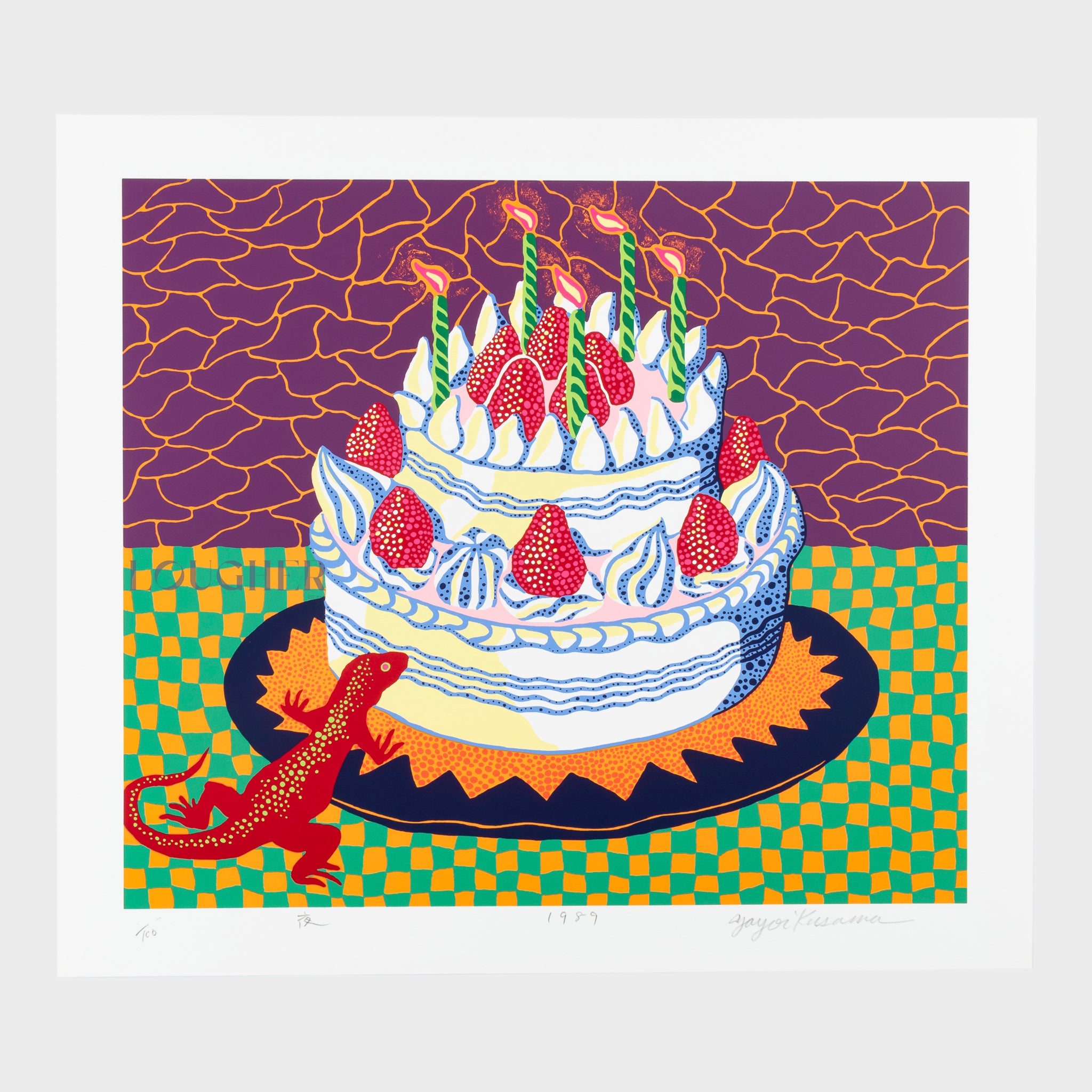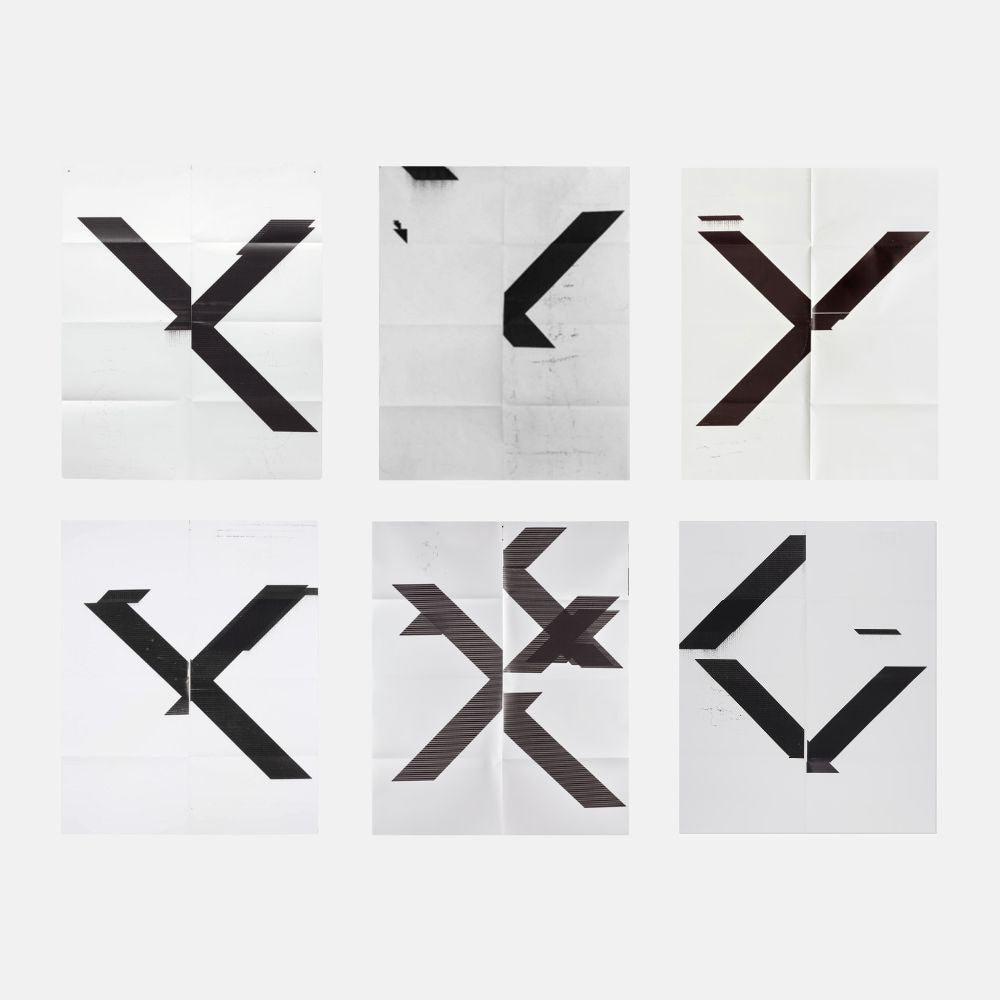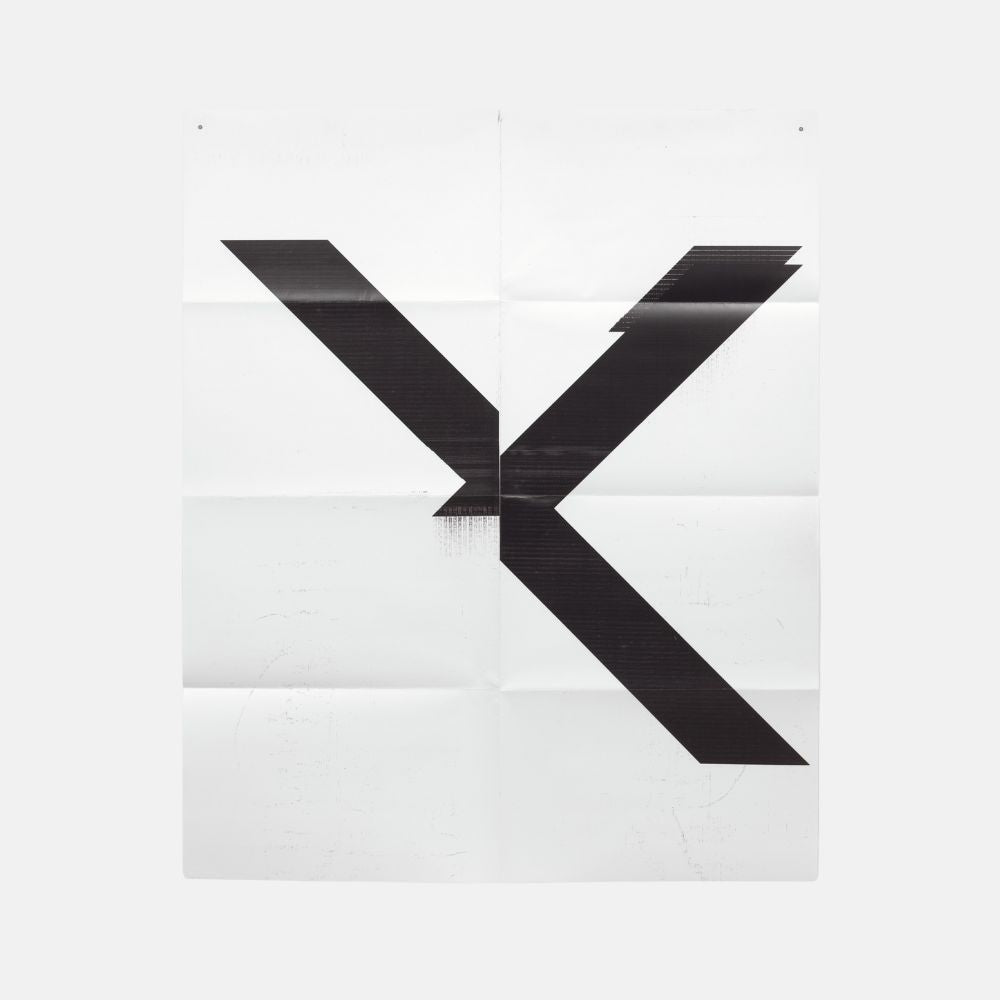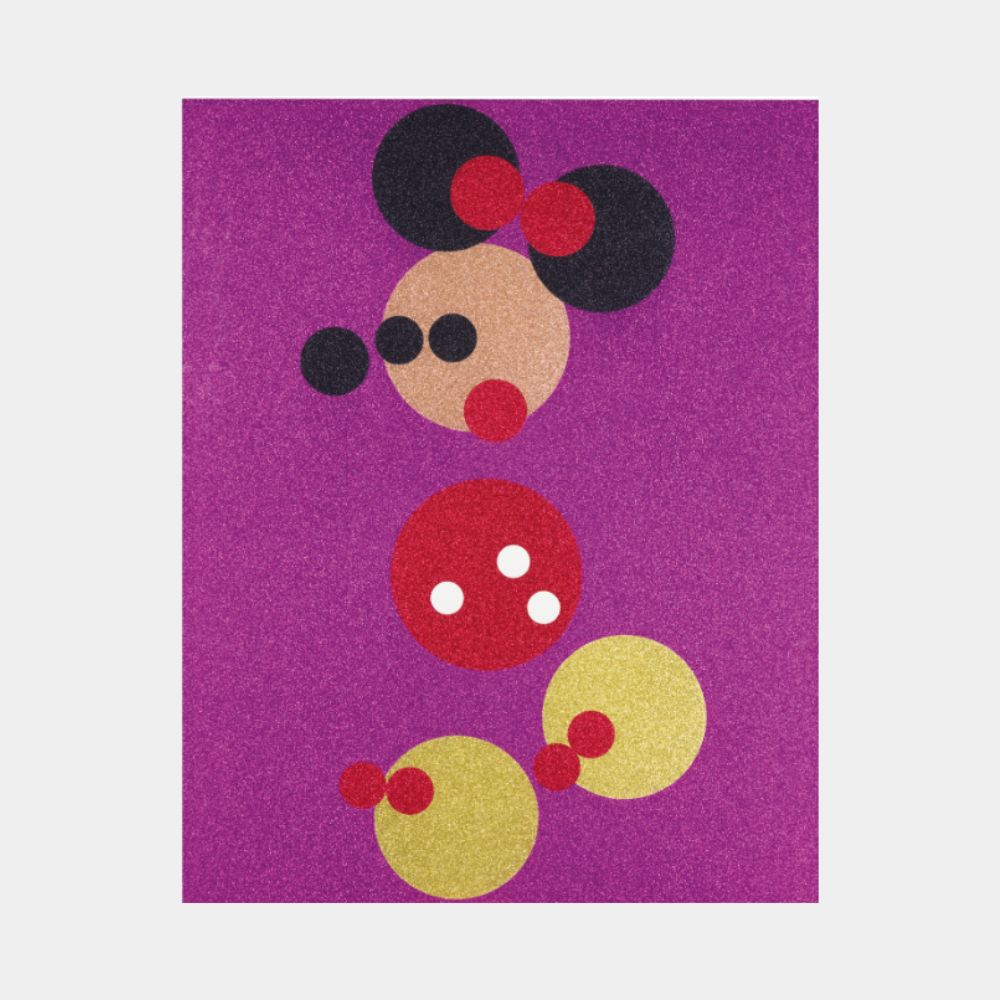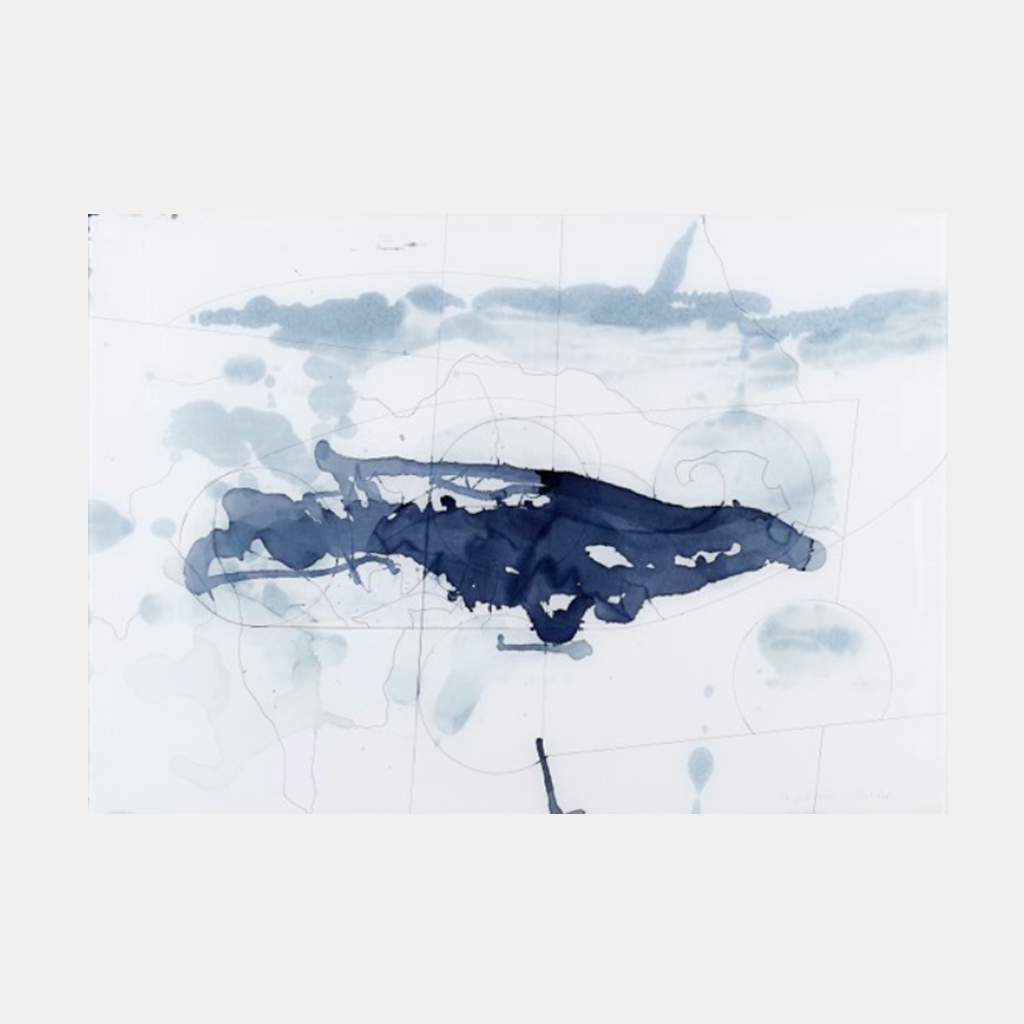Can you tell us about your background? What first inspired your interest in art and the art market?
Huw - "I first became interested in art and the art market in 2007. I was training to be an accountant, with no prior interest or education in the art industry. I remember loving the buzz around the Thursday evening openings at Elms Lesters and Lazarides Gallery or a new Banksy appearing on the streets of London. My first acquisition was a signed Banksy print from Pictures on Walls. It cost £450 and its acquisition triggered what has since become both a passion and a career. That print is hanging on my wall now.
My interest in the art market developed around the same time after I saw an Andy Warhol screen print on canvas in a museum in Stockholm. I didn’t have a clue what I was looking at, but naturally found myself questioning why it was there and how something like that could be worth so much. Don Thompson’s book The $12 Million Stuffed Shark (2008) helped answer this question, and I’ve been on an almost-obsessive journey to understand the art market ever since."
What led you to found Lougher Contemporary?
Huw - "I’ve always had ambitions to run my own business. Whilst I appreciate my corporate background for what it taught me, I knew it wasn’t for me. I dabbled in a few different businesses before setting up Lougher Contemporary in 2015.
As a collector, I have always enjoyed commissioning and supporting young artists, and my wife and I have acquired a lot of paintings and early works by emerging artists going back to 2008. In searching for a way to turn my passion for art into a business, I started working with a few artists between 2013 and 2015. I enjoyed it, but as a business model, I found it difficult. I needed to find and build something I could scale with fewer restrictions.
I had already had a lot of success buying editions that had gone up in value and as such focusing Lougher Contemporary on the secondary market for editions by established artists was the obvious choice. It is an area of the market where you can be as active as you want without it impacting an artist’s career or upsetting a primary market gallery. I consider it to be an attractive area of the art market for new and experienced art collectors, and those who love to combine their passion for art with investing."
Why is this?
Huw - "Art is widely considered to be high-risk and illiquid, and this is true for most areas of the art market. More often than not, a painting you buy from your local gallery has no secondary market value, meaning you would never have the option to sell if you needed to. That’s fine for a lot of art buyers, but I had no interest in this area of the market, and I wanted Lougher Contemporary to offer something different.
Editions by established artists inherently provide much greater liquidity and lower-risk investment potential than the rest of the art market, and this is what I was attracted to. It gave me confidence in what I was buying, and ultimately what I was pitching and selling to clients.
It’s always been a bit of a taboo to talk about art as an investment. This isn’t important to everyone, but I quickly learned that most art collectors, whether they allow themselves to admit it or not, do care about the value of their collection and they enjoy seeing their art appreciate with time. These are the clients that I wanted to work with and, if I’m honest, who I enjoy working with the most. After all, it’s hard for me to advise a client on what they, or what their partner, like!"
What is the core ethos of Lougher Contemporary?
Huw - "We have an incredibly loyal and passionate client base, many of whom we have been working with closely for years. We are complimented on our customer service daily, and I believe this has been the key success factor for us—we put our clients at the center of everything we do.
The team at Lougher Contemporary is of a similar mind. They respect our clients and will go the extra mile to ensure that all our clients, whether new or longstanding, are happy with the service we offer.
Ultimately, buying art is not just about buying an asset. It should be an experience and we are keen to make this experience as smooth and enjoyable as possible. We work with a level of transparency and trust that is rare in the art market. In setting up Lougher Contemporary, I promised myself that I would provide a far superior level of customer service and transparency than was the norm in the market. We are not in the business just to make money or to maximize profit—my reasons for running Lougher Contemporary extend far beyond this."
What is your vision for Lougher Contemporary—how do you see the art market developing?
Huw - "Though now established, I consider this also just the start for Lougher Contemporary and we have some exciting plans for the coming years. As a team, we are very good at identifying where we can be better and this has led us to a mindset of continual improvement, both in our internal operations and our client offering. There is no end point to this, so I take huge satisfaction in seeing how we are developing as a team and as a business, and this is often recognized by our client base.
Our vision is to become the go-to place for collectors with a passion for art and the art market, who want to build a collection, learn about the market, and enjoy the whole experience—from their first acquisition through to their first consignment sale through us.
We have been steadily growing our consignment offering, which allows collectors to both buy from us and, importantly, sell through us when the time is right. After developing this service over the past 18 months, I now believe we have the best proposition in the market for collectors looking to sell. In late 2022, we also launched Lougher Advisory, which is an area of the business I’m very excited about."
If you could give a new collector just starting out on their collecting journey a piece of advice, what would it be?
Huw - "It really depends on what motivates you and your reasons for buying.
If you are not financially motivated at all, then the cliché “buy what you like” is true. But, if you want to buy artworks that have a good chance of maintaining value or, even better, increasing in value, then either you need to work with an advisor or invest time into understanding the art market.
The art market is like no other—it’s fascinating and hugely rewarding. It’s also a community, so meet and surround yourself with people who are on the same journey. Go to as many art exhibitions and art fairs, look at as much art, and speak to as many people as you can.
If your reason for collecting art is also financial, and you do not have the capacity to learn the market, I would recommend finding an art advisor—someone you trust and who you enjoy working with. Like all consultants, a good art advisor is an investment, not a cost.
If you don’t want to do either, just buy editions by established artists. You can buy iconic works of art by blue-chip artists, and if you ever need to release the investment for something else, you will have the option to sell."
A lot has changed in the art world over the past several years. Do you have any predictions for the future of the art market? Are there any trends that you’ve noticed that you find particularly exciting?
Huw - "As a collector, nothing has changed—a lot of great art is still being made, and some incredible artists are coming onto the scene. I’m recently back from Art Basel and Banksy’s “Cut and Run” exhibition in Glasgow and there’s no doubt that the appetite and passion for art hasn’t diminished.
For Lougher Contemporary, it has been a rollercoaster since early 2020 and the start of the pandemic. It got busy, arguably too busy with a lot of hype in the market, but over the past year things have settled down and there’s no doubt we are now in a bit of a lull.
Fewer buyers in the market also mean better buying opportunities, and I predict this will remain for the foreseeable. This year we have bought some very strong works, both for stock and for clients, and we continue to advise collectors, whether they are looking to take advantage of these opportunities, consolidate and ride out this wave, or otherwise reduce the size of their collection.
Personally, I’m enjoying the challenges that this market is giving us. In the face of a more challenging market and increased competition, we are having to adapt and transition. This is going very well and has presented us with a huge opportunity to develop and expand our offering. I have big ambitions for the business, and I’m looking forward to seeing where the team and I can take Lougher Contemporary in the coming years."


